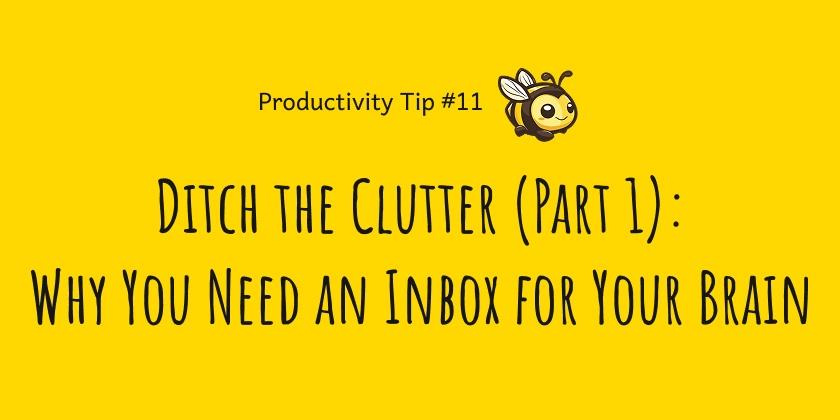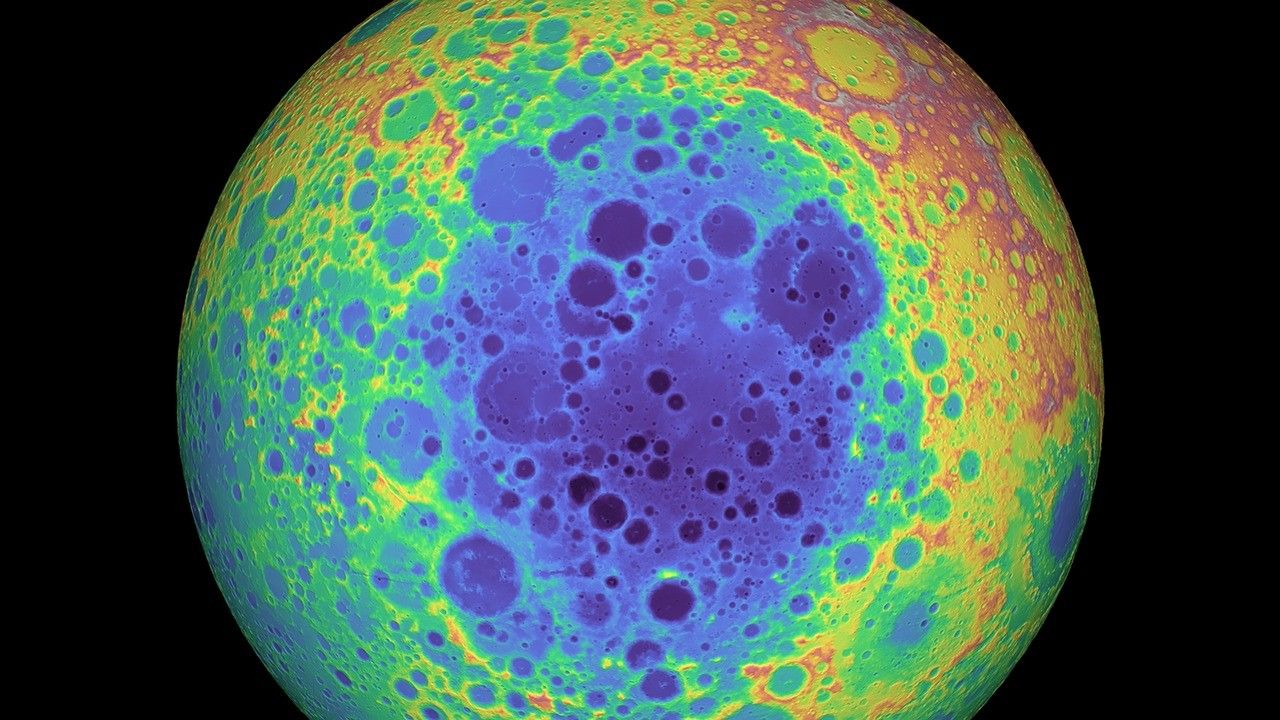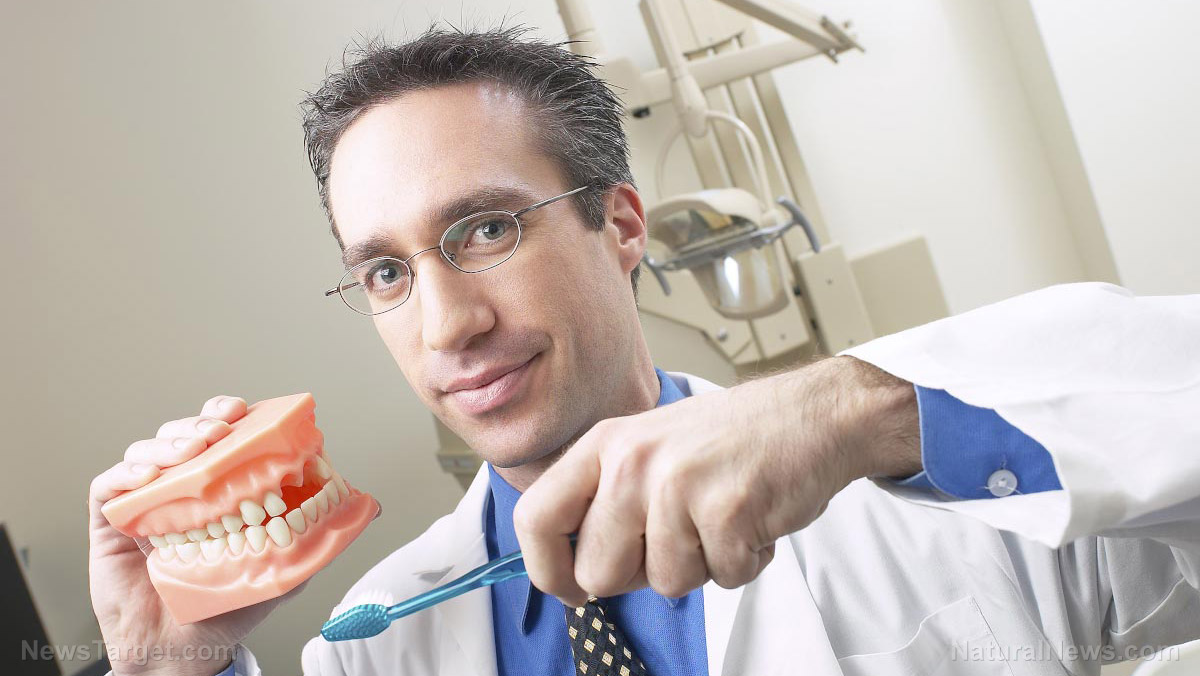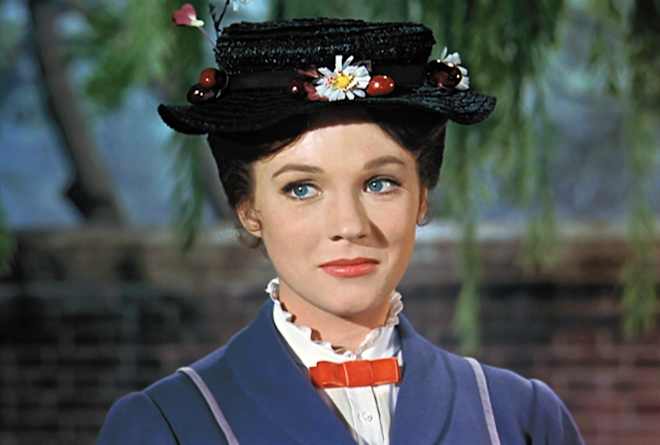What if menopause were optional?
Will my generation be the last to go through menopause? Just a few years ago, that would’ve seemed like a bizarre question — I’ve always assumed that I and every other human being with ovaries would eventually experience what my grandmother called “the change of life.” But now, researchers are calling into question what once […]


Will my generation be the last to go through menopause?
Just a few years ago, that would’ve seemed like a bizarre question — I’ve always assumed that I and every other human being with ovaries would eventually experience what my grandmother called “the change of life.” But now, researchers are calling into question what once seemed like basic facts of human existence. “What if menopause happened later?” they are asking. “What if it never happened at all?“
In recent years, patients have gained access to a wider variety of medications to treat menopausal symptoms like hot flashes and vaginal dryness. But newer treatments, one already in clinical trials, go deeper: The goal is not just to treat the symptoms, but to actually slow down ovarian aging so that the hormonal changes associated with midlife happen later — or maybe even never. “For the first time in medical history, we have the ability to potentially delay or eliminate menopause,” Kutluk Oktay, an ovarian biologist at Yale University, said in a release last year.
I cover reproductive health, and my inbox has been filling up for months with news of research like this. As an elder millennial barreling toward the uncertainty of perimenopause (which some research suggests can start as early as one’s 30s), I’ve received these updates with interest, sure, but also with a fair amount of trepidation.
On the one hand, the loss of estrogen that comes with menopause is associated with a host of illnesses and conditions, from cardiovascular disease to osteoporosis. Delaying the menopausal transition even five years “would result in an enormous improvement in terms of women’s health and decreased mortality,” Zev Williams, the chief of reproductive endocrinology and infertility at Columbia University Irving Medical Center, told me. “It’s a really exciting opportunity.”
On the other hand, the idea of getting rid of menopause can feel like yet another way of insisting that women remain young and fertile forever. At a time when JD Vance is talking dismissively about the “purpose of the postmenopausal female,” I’m unsettled by the prospect of treating women’s aging out of their childbearing years, in particular, as something that must be cured.
If the idea of stopping menopause is a fraught one, though, it’s also an opportunity to think about what we want from our later lives, and to consider what it would look like to balance the real medical concerns of midlife and beyond with the fact that women are flesh-and-blood human beings who, like everyone else, get old. As Ashton Applewhite, author of the book This Chair Rocks: A Manifesto Against Ageism, put it to me, “you can’t stop aging, or you’re dead.”
To understand menopause, it helps to understand a little bit about ovaries, the human reproductive organs that store and release eggs. Starting in puberty, these glands ramp up their production of estrogen, a hormone that leads to breast development and a host of other changes to the body. Throughout the reproductive years, the ovaries make estrogen and other hormones according to a monthly cycle to help prepare the body for potential pregnancy.
Starting around a person’s late 30s, however, estrogen production starts to drop off. By the mid-40s, people typically enter perimenopause, which means “around menopause.” This period is characterized by unpredictable ups and downs in estrogen, though on a general downward trend (Mary Jane Minkin, an OB-GYN who teaches at the Yale School of Medicine, likens the pattern to the stock market during the Great Recession). That hormonal decline can lead to symptoms like irregular periods, hot flashes, and night sweats.
A lot of the symptoms most commonly associated with menopause actually start in perimenopause, and they can range from annoying to devastating. Perimenopause has been getting a lot of media attention lately, along with more focus from brands who may want to sell you stuff to help you manage it. Problems like hot flashes and brain fog can cause women to miss work, resulting in $1.8 billion in lost work productivity in the US per year, according to one study. The loss of estrogen can cause vaginal dryness, which can cause discomfort during sex and, in some cases, constant pain.
At some point, the ovaries stop producing eggs, and menstruation stops entirely. This is menopause, and it’s diagnosed when someone has gone without a period for a full year. It happens at an average age of 51, though Black and Latina women reach menopause earlier than white and some Asian American women. Though some symptoms, like dryness, persist after menopause, others, like hot flashes, often resolve, Minkin told me.
Hormonal changes in the body around menopause are also linked with increased risk of cardiovascular disease, Stephanie Faubion, director of the Mayo Clinic’s Center for Women’s Health and medical director of the Menopause Society, told me. Blood pressure and cholesterol tend to rise during this time, as does insulin resistance, a condition that can lead to diabetes. Bone density also falls during and after the menopause transition, increasing the risk of osteoporosis.
Some experts believe that menopause is part of the reason women spend more time than men living with chronic diseases. “Women live longer than men,” gerontology professor Bérénice Benayoun told Vox last year, “but they usually do so in a much more frail state.”
Given all this, it’s reasonable that more experts are looking at menopause and wondering, what if we could just…not?
Hormone therapy — typically estrogen taken on its own or with progesterone, sometimes in the form of birth control pills — already exists to treat the symptoms of menopause. The treatment was stigmatized for decades after a 2002 study linked it to breast cancer and other ailments, but doctors now say the benefits often outweigh the risks. Taking estrogen can dramatically reduce hot flashes, and even reduce cardiovascular risk while patients are on the medication.
When you look at illnesses and conditions like dementia, heart disease, and stroke, “there’s a much, much lower rate in women compared to men, until ovarian function stops. Then they start to catch up,” Williams said. “If we have a way of extending the ovarian lifespan in a way that’s safe, then you’re allowing the ovary to provide all these incredible health benefits” for a longer period of time.
Estrogen therapy can replace some of the estrogen a person’s ovaries are no longer producing, but it doesn’t actually stop those organs’ decline. To do that, some researchers are looking at more involved procedures.
In one recent study, Oktay, the Yale biologist, and his team used a mathematical model to predict how a technique called ovarian tissue cryopreservation might work in healthy patients. The process, typically used in cancer patients undergoing treatment that could harm their fertility, involves removing a section of ovary, freezing it, and reimplanting it at a later date. This technique, if used in healthy patients under 40, “would result in a significant delay in menopause,” according to the study.
Oktay and his team have begun preserving ovarian tissue from healthy patients, with the goal of reintroducing it when the patients are close to menopause. Since the women are still young, the team will have to wait years for real-world results, Oktay told me. But the technique does work to restore ovarian function in cancer survivors, he said.
About 10 percent of women enter menopause at age 55 or older, Oktay told me, and they tend to have longer life expectancy and less risk of osteoporosis and diabetes than people who go through the transition earlier. “We’re saying, why not make everybody that lucky?”
Williams, the Columbia endocrinologist, and his team are working on a different, less invasive option. They’re currently in the midst of their first human trial of rapamycin, an oral medication typically used as an immunosuppressant in higher doses. Rapamycin has been found to extend lifespan in some animal studies, suggesting to some that it might help humans live longer. Williams and his team have also found that the drug can extend ovarian function and fertility in mice.
The Columbia researchers are now monitoring 50 women between the ages of 35 and 45 who have taken either rapamycin or a placebo, asking them questions about their mood, memory, and sleep quality, as well as checking their ovarian function through blood work and ultrasounds. They don’t have results yet, but they’ve seen no serious side effects so far.
The goal isn’t just to extend fertility, though “as a fertility specialist, that’s obviously something that I think about all the time,” Williams said. It’s also about extending the benefits that ovaries provide to women’s health, potentially reducing their lifetime risk of chronic illness.
Research like Williams’s has generated significant excitement, as the idea of pushing back menopause starts to move into the mainstream. Toward the end of the Biden administration, Jill Biden launched a women’s health initiative dedicated to studying the idea.
The ovaries are “the only organ in humans that we just accept will fail one day,” Renee Wegrzyn, director of the agency in charge of the first lady’s initiative, told the New York Times last year. “It’s actually kind of wild that we all just accept that.”
Some are skeptical, though, that delaying or eliminating menopause would be an entirely good idea.
For one thing, the link between menopause and illness isn’t completely clear-cut. People who go through menopause later tend to have better health outcomes, “but is it chicken or egg?” Faubion asked. “Do their ovaries last longer because they’re otherwise in better general health than the other people that go through menopause early?”
Prolonging ovarian function — and thus increasing people’s lifetime exposure to estrogen — could also come with risks of its own, like increases in breast cancer or blood clots, which have been linked to the hormone, Faubion said (going through menopause after age 55 is associated with an increased risk of breast cancer). For some, the tradeoffs might be worth it, but it’s not necessarily true that later menopause would mean better health across the board.
With more invasive treatments, there are also other questions to consider. “What are the ethics of taking out a healthy organ from a healthy person” — a surgical procedure that could fail — “all in the name of ‘delaying menopause?’” Faubion asked.
Oktay, the biologist studying ovarian tissue cryopreservation, told me the procedure is a minimally invasive laparoscopic surgery, and can be performed at the same time as another abdominal surgery like a C-section. Many participants in his study have a family history of severe menopause complications or conditions that can worsen with menopause, he said, giving them a reason to want to delay the transition.
For Minkin, the Yale gynecologist, the experimental treatments are intriguing if they can extend fertility. But for dealing with the physical challenges of menopause, she’s not sure they’re necessary: “There are plenty of easy ways to give people hormones.”
Some people, including survivors of certain cancers, aren’t able to take hormones, and new treatments could be helpful for them. Meanwhile, some experts see delaying menopause as most beneficial for people who experience the transition early. About one percent of women go through menopause before age 40, and five percent before age 45. Cancer treatments or autoimmune conditions can cause early menopause, but sometimes, the cause is unknown. Since early menopause is associated with elevated health risks, a new way to treat it “would probably result in a net benefit for population health,” Nanette Santoro, a professor of obstetrics and gynecology at the University of Colorado School of Medicine, told Time.
Going through menopause early can be deeply upsetting to people, especially (though not exclusively) if they’re hoping to have children. But when it happens at the average time, this stage of life can come with social and emotional benefits, despite the physical challenges.
“It’s liberating,” Applewhite told me. “No more mood swings, no more worries about getting pregnant.”
“I don’t know any woman, including yourself, who wants to be bleeding every single month,” Denise Pines, creator of the menopause summit WisePause, told me.
Indeed, research has found that women often become happier as they age, especially after midlife — potentially because they’re less consumed with caring for children and other family members. Some anthropologists believe that female humans, unlike other animals, live beyond their reproductive years to help care for grandchildren (it’s called the “grandmother hypothesis”). But Minkin offered a more expansive view of this theory: In early human settlements, pregnant people couldn’t do heavy labor like moving rocks around. The grandmother was “somebody who moves the rocks,” she said. She also described postmenopausal women as “shooting saber-toothed tigers.”
Even the troublesome symptoms of menopause, such as hot flashes and night sweats, can be a useful “disruptor” in people’s lives, Pines said. “Where women have been so giving and outwardly focused, suddenly you have to focus on yourself.”
“That gives you a chance to reset everything else around you,” from relationships to career, Pines said. “It’s such a great time to really reimagine who we are.”
Applewhite welcomes the recent surge in awareness around menopause, and says hormone therapy to treat its symptoms can be helpful — “I’m not saying, keep your body pure and avoid the temptations of Western medicine.” But when it comes to putting off menopause or eliminating it entirely, she said it’s concerning “when inevitable transitions of aging are pathologized.” That’s especially true for women’s aging, which is doubly stigmatized in American culture. “Under patriarchy, a woman’s value is linked to her reproductive value,” Applewhite said. It’s why there’s so little research into the health of older women: “because we are no longer reproductively useful.”
As appealing as the idea of extending a person’s healthy lifespan is, I can’t quite get past the ovary of it all. I, too, have heard from post-menopausal people about the liberation they feel when they exit their reproductive years. I, too, have at times been frustrated by doctors’ focus on my reproductive capacity over other aspects of my health. I want to be healthy as I get older, but I also want to accept my aging (and for the people around me to accept it), rather than feeling constant pressure to stave it off.
Applewhite wants women of all ages to see “later life as a time of enormous power and liberation and possibility,” and I’d like to see it that way too, not as something to be avoided at all costs.
When I shared some of these concerns with Williams, he asked me if I’d feel the same trepidation around treatments that focused on other areas of the body. “You want to extend normal heart function, liver function,” he said. But “for some reason, if you say, we want to slow ovarian aging, that touches on a very different note.”
It’s a fair point, especially since a lot of the health outcomes he and others are trying to promote aren’t about fertility or attractiveness or any of the attributes our culture demands that women maintain in our quest to remain forever young — they’re about things like cardiovascular and mental health. I want those!
Williams argued that understanding ovarian aging might actually remove some of the negative messages around menopause and getting older more generally. He also studies recurrent miscarriage, which “has always had a tremendous amount of stigma associated with it.” What’s helped reduce that stigma has been “when it goes away from this realm of myth and taboo and folklore, and we start to understand the process,” he says.
It’s worth noting that research into menopause, like so much work on reproductive health and indeed health in general, is imperiled under the Trump administration. When I tried to visit the website for Jill Biden’s menopause initiative, I found that it was gone. Renee Wegrzyn, the head of the initiative, was fired in February. In a time when a lot of medical research is simply disappearing, it’s hard to look askance at treatments that could improve people’s lives.
After talking to Williams and other experts, I’m not against the idea of a medication that could help people live longer without heart attacks or cognitive decline. But as I get older, I’m also keenly aware that what happens outside our bodies can affect our health as much as what happens inside them.
When I asked Pines what she’d like to see for people in perimenopause and menopause right now, she said she wants a future when people in this stage of life “are not dismissed,” when “we can talk about menopause the same way we talk about puberty.” She’d also like to see workplaces support women experiencing perimenopause symptoms, including by offering insurance plans that cover the treatment of them. And she wants OB-GYNs, internists, and other doctors to be specifically trained in perimenopause and menopause, something that’s often lacking.
“When we have those kinds of things in place,” she said, our society “will start looking at aging and aging women differently.”








































































